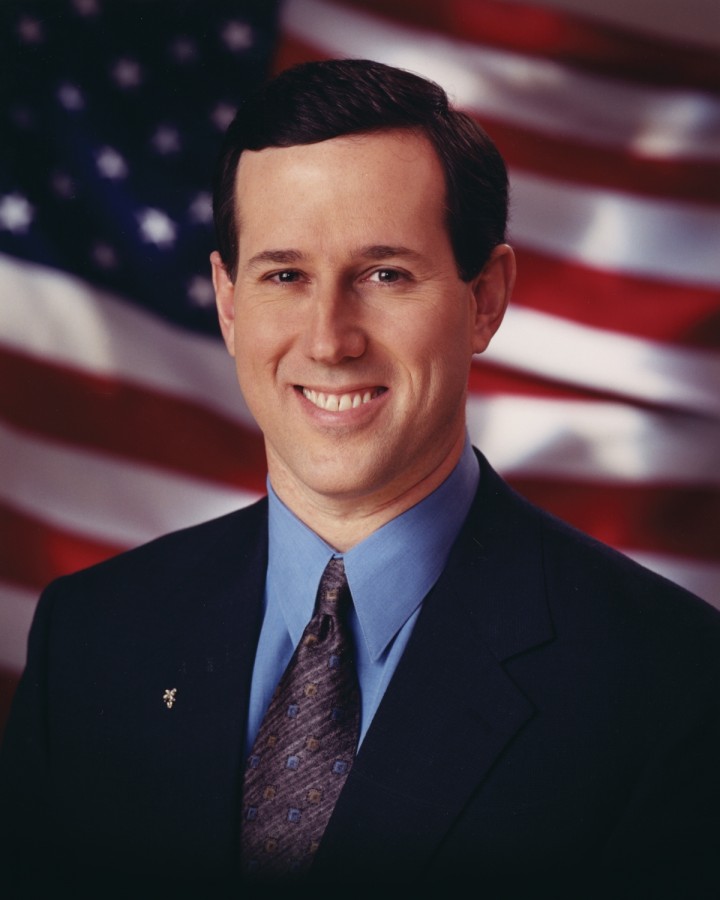Religion needs to be a part of politics for the simple reason that we need to know which issues a candidate is going to be irrational about.
For example, Republican voters are probably grateful to know that Rick Santorum wants a government-led war on pornography, turning a vast majority of American men into criminals and creating a black market for pornography with all the associated crime that comes with black markets.
That’s useful information to know when picking a candidate.
Religion, for good or bad, leads to people holding to beliefs despite evidence to the contrary. That’s why religion is such a great comfort to people in the midst of suffering. It is something to hold onto when the world makes little sense.
Religion allows people to take idealistic positions as often as repressive ones, and the public needs to know exactly where it is affecting a candidate’s judgment.
The list of terrible government programs inspired by religion range from the hilariously harmful abstinence education push that actually creates more teen pregnancies than no sex-ed at all, to the simply pointless opposition to gay marriage that government money is spent resisting.
Money will be wasted on these tiny crusades in the culture wars, and the public needs to know what it is getting into when it picks a deeply religious candidate.
It’s not always negative.
For example, knowing if a candidate believes in the Catholic Church’s position on social justice would only be a positive in my mind.
It’s when a candidate takes the Catholic Church’s positions on birth control that you run into trouble. I mean, according to Guttmacher Institute, 99 percent of American women and 98 percent of Catholic women who have ever had sex have used contraception of some kind, and I think they’d be upset to have that choice taken away by a politician.
In fact, it would even be important to know if a candidate is an atheist because the voters would then need to know what philosophy that candidate uses as his moral compass.
For example, are they a strict utilitarian who’s going to create the most good for the most people, or do they hold to Ayn Rand’s ideal of rational self-interest, basically the most offensive form of selfishness?
Just knowing the answer to the theoretical question above is going to be the difference between knowing if your tax rates for your bracket are going up or down. Protip: Randians want to tax the poor and give the money to the rich.
Religion is not alone in the irrational dogma department.
Economic theories like the Austrian school for economics prides itself on not being supported by evidence. This theory is preeminent among the libertarians currently infiltrating the Republican Party.
People need to know if the politicians in charge want to ruin the economy because they believe that gold-backed currency is somehow more stable and creates more growth than fiat paper money, despite almost a hundred years of evidence to the contrary.
For better or worse, we choose our leaders based on our perceptions of their character.
We choose them because we hope that they will act in a way that does not displease whatever modern version of the tribe we are using these days.
And let’s face it, politics is about pleasing the tribe as much as rational decision-making.


